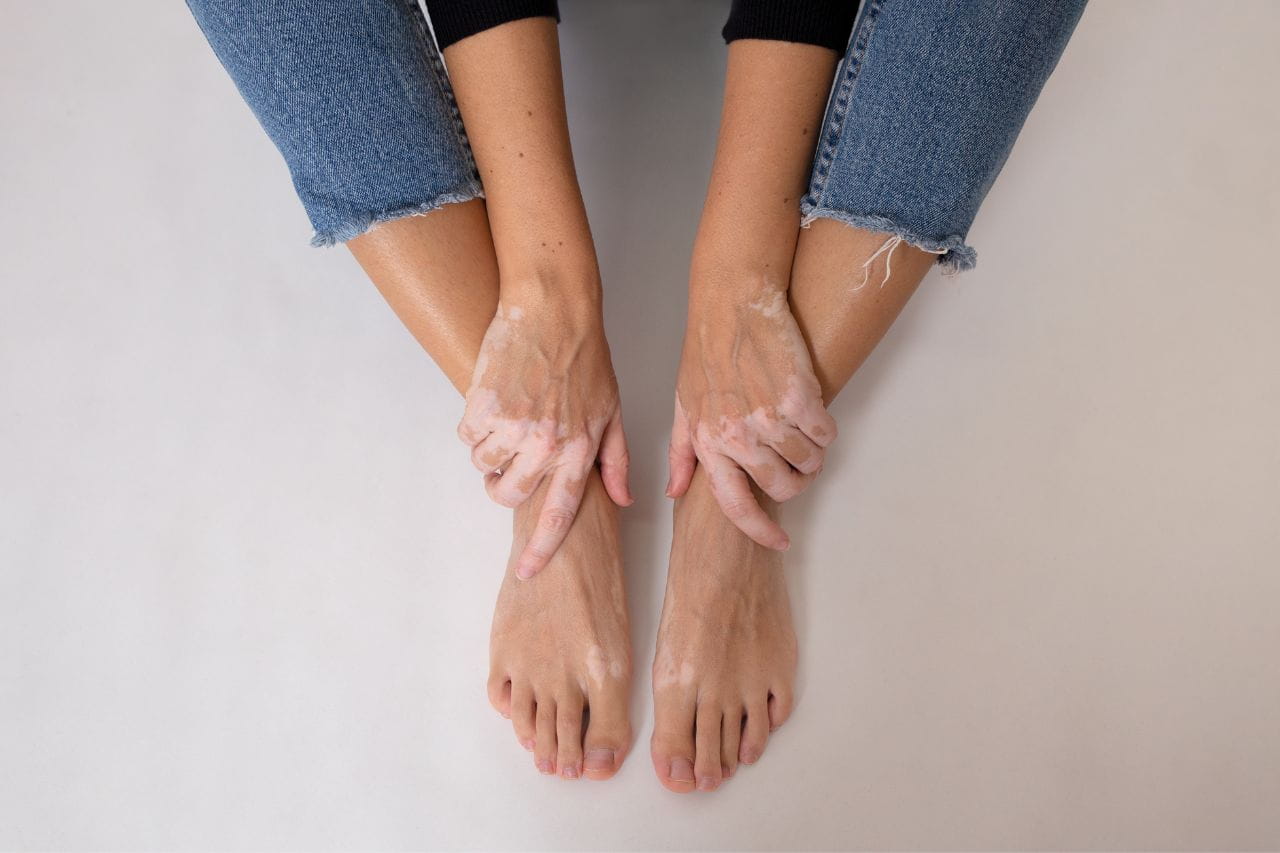Is Hyaluronic Acid Conditioner Good for You?

Hyaluronic acid has garnered significant attention in the health and beauty industries, with its presence increasingly evident in products ranging from skin serums to dietary supplements. If you’ve seen it on the ingredient list for your hair conditioner, you might wonder about its benefits for your hair and overall health.
The short answer to the question of whether it’s good for you is yes, hyaluronic acid conditioner can be beneficial. To understand why, it's helpful to first explore what hyaluronic acid is and how it affects the body beyond just hair care.
What Is Hyaluronic Acid?
Hyaluronic acid is a substance the body naturally produces that helps lubricate joints and keep skin moisturized. It's a type of sugar molecule, specifically a polysaccharide, that has a remarkable ability to hold onto water.
In fact, it’s capable of retaining over 1,000 times its weight in water, which is why it’s so effective at keeping tissues hydrated. This makes it a key component in skincare products designed to moisturize and plump the skin.
While hyaluronic acid is abundant in the body when we are young, its production naturally decreases with age. This decline can contribute to a loss of skin moisture and elasticity.
Benefits of Hyaluronic Acid for Hair
Hyaluronic acid acts as a powerful humectant for hair. A humectant is a substance that attracts and retains moisture.
When applied to hair, hyaluronic acid draws moisture from the air and seals it into the hair shaft, enhancing moisture retention and potentially leading to improved texture and reduced frizz. This is particularly beneficial for dry, damaged, or frizzy hair.
Benefits of Hyaluronic Acid for Skin
Beyond its use in hair conditioners, hyaluronic acid offers a range of benefits for the body, particularly for skin health. When used in serums or moisturizers, it helps the skin maintain hydration, resulting in a smoother, more supple appearance.
Evidence also suggests that hyaluronic acid helps with soft tissue growth, prompts the body to produce more collagen and elastin, and prevents skin from becoming tight. It can also boost elasticity and reduce the appearance of scarring.
For those seeking to address signs of aging, hyaluronic acid can be used in cosmetic procedures. Providers can inject it into the face as a dermal filler to add fullness and reduce the appearance of wrinkles.
Hyaluronic Acid: Benefits Beyond Cosmetic Uses
While it's most well-known for its use in cosmetics, hyaluronic acid has several other applications in healthcare. It can be used to help relieve joint pain by acting as a lubricant, and it is sometimes used to treat bladder pain, such as that associated with interstitial cystitis.
In certain medical contexts, it is also used to aid in the absorption of specific medications and to address respiratory issues such as asthma. Its ability to support soft tissue growth also makes it useful in wound healing.
Talk With Your Healthcare Provider About Hyaluronic Acid
Hyaluronic acid is a beneficial addition to hair care products, such as conditioners, and is utilized in various ways by healthcare providers. However, it is crucial to understand that it’s not a cure-all.
For any persistent health concerns, consult your healthcare provider. They can help address questions about health and wellness to ensure you are receiving accurate information.
If you don’t have a Baptist Health primary care provider, call 1.844.6BAPTIST or visit our provider directory. Download a patient packet to prepare for your next primary care appointment.
Next Steps and Helpful Resources
Learn More About Primary Care at Baptist Health
What Does L-Theanine Do?
Does HC Red No. 7 Dye Cause Side Effects?
What Is Raw Milk?



